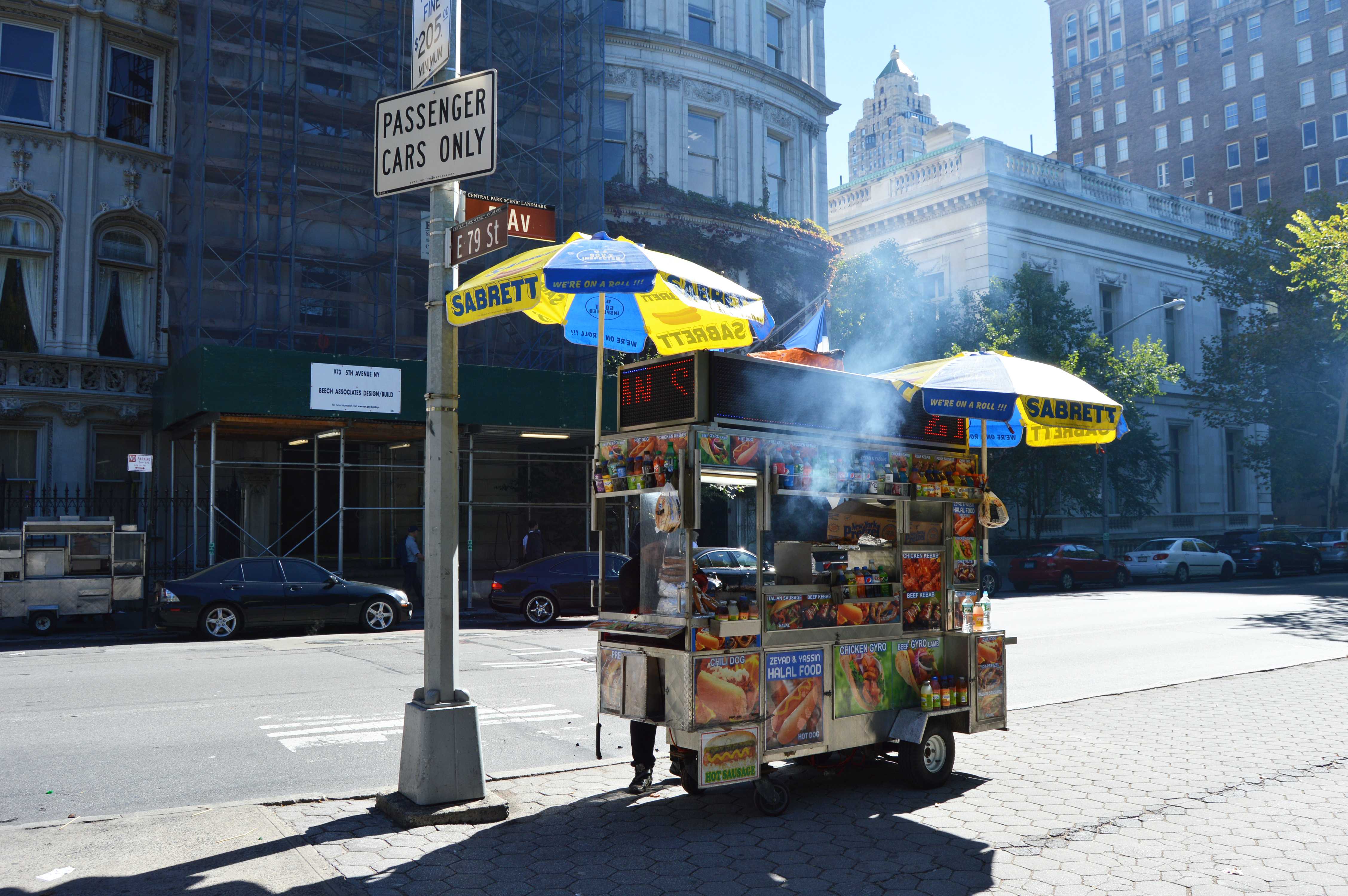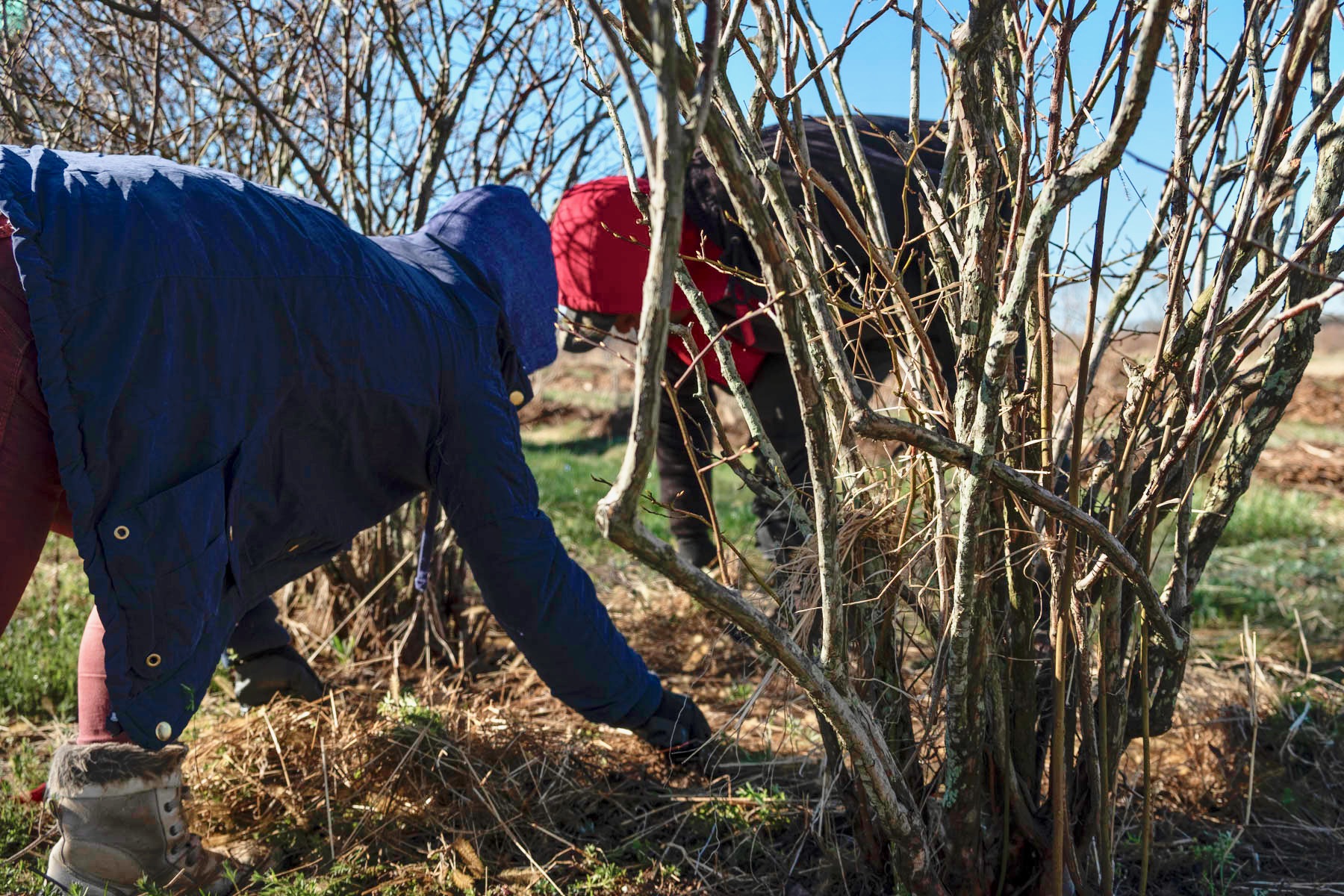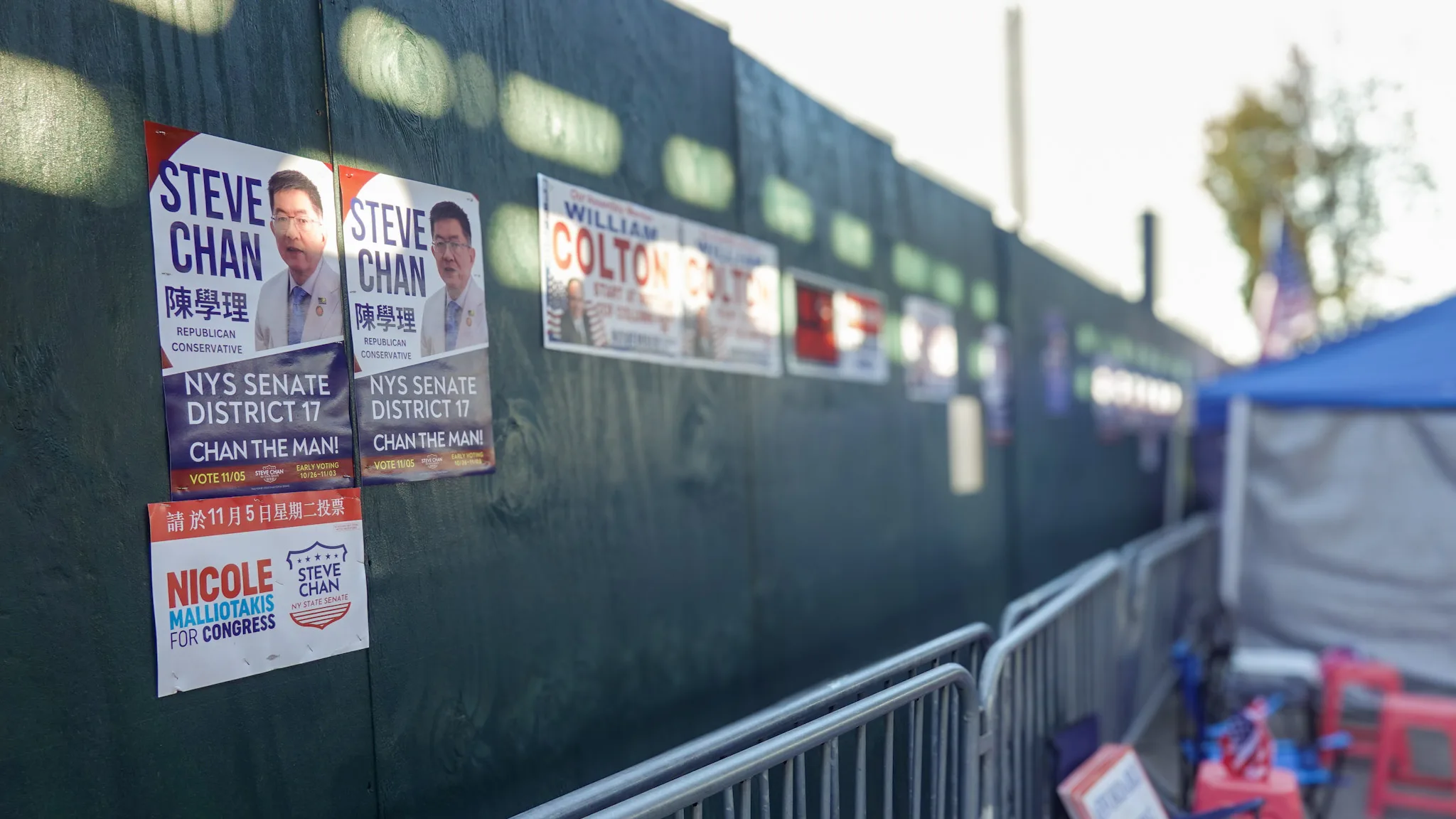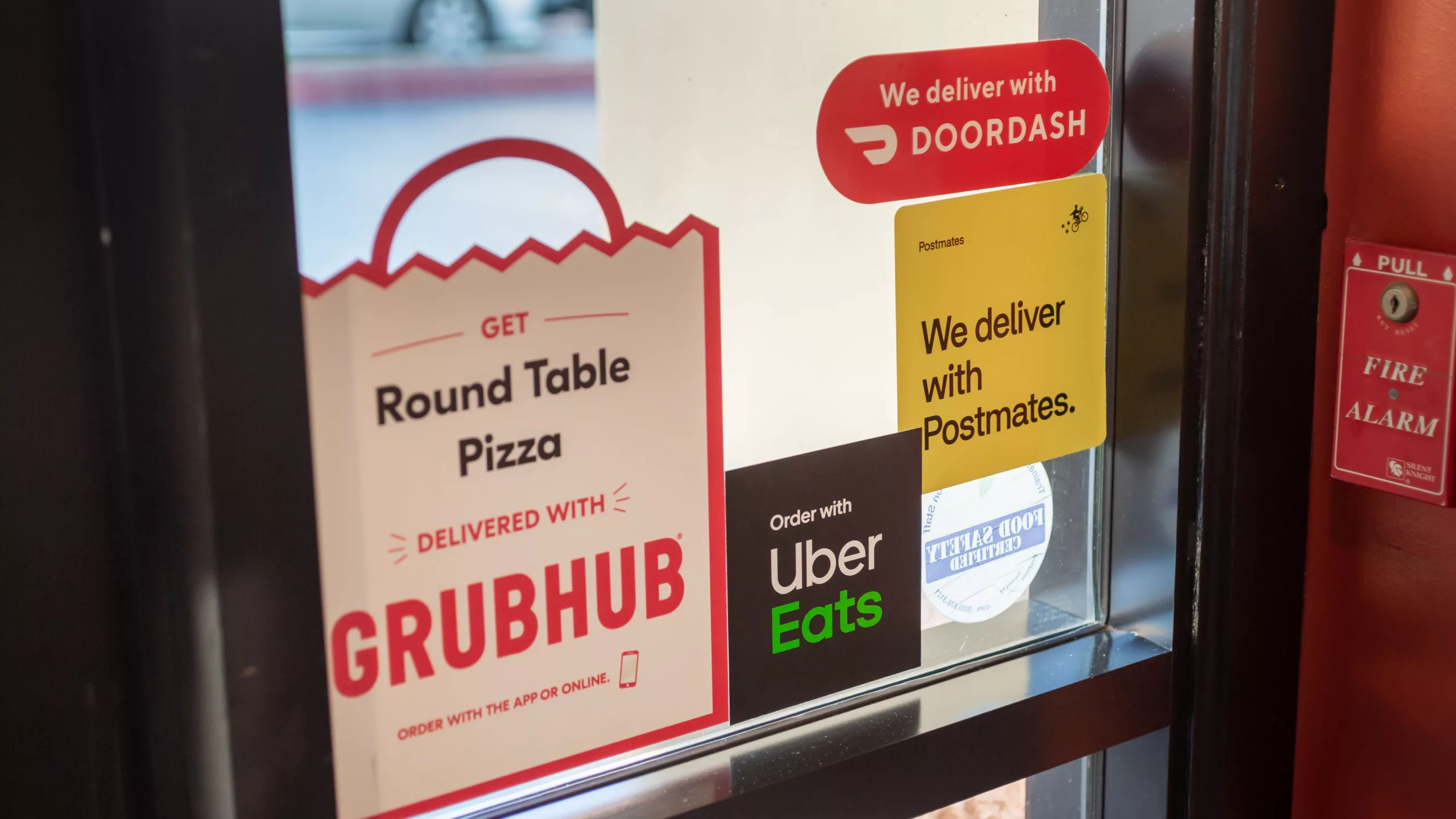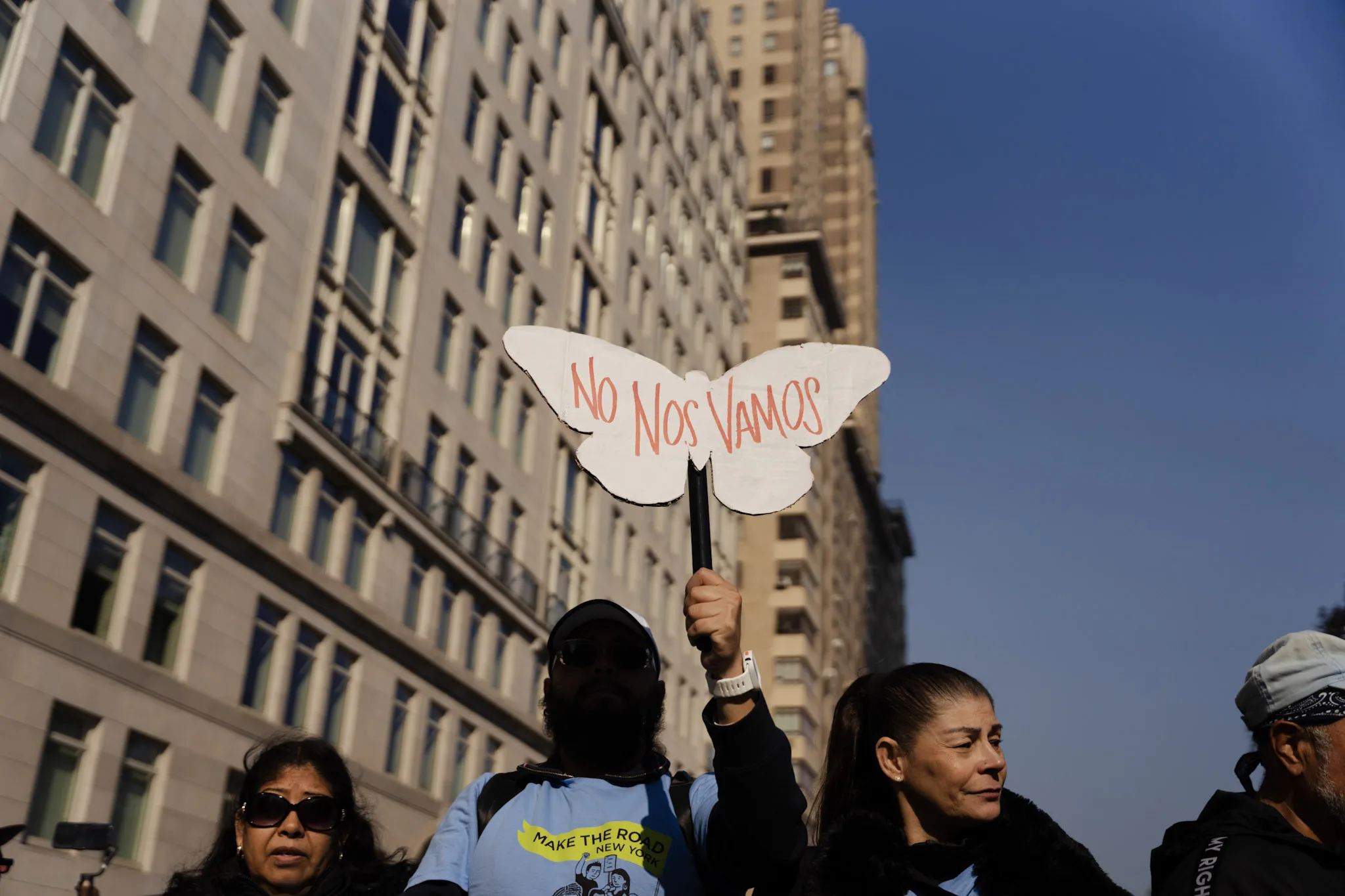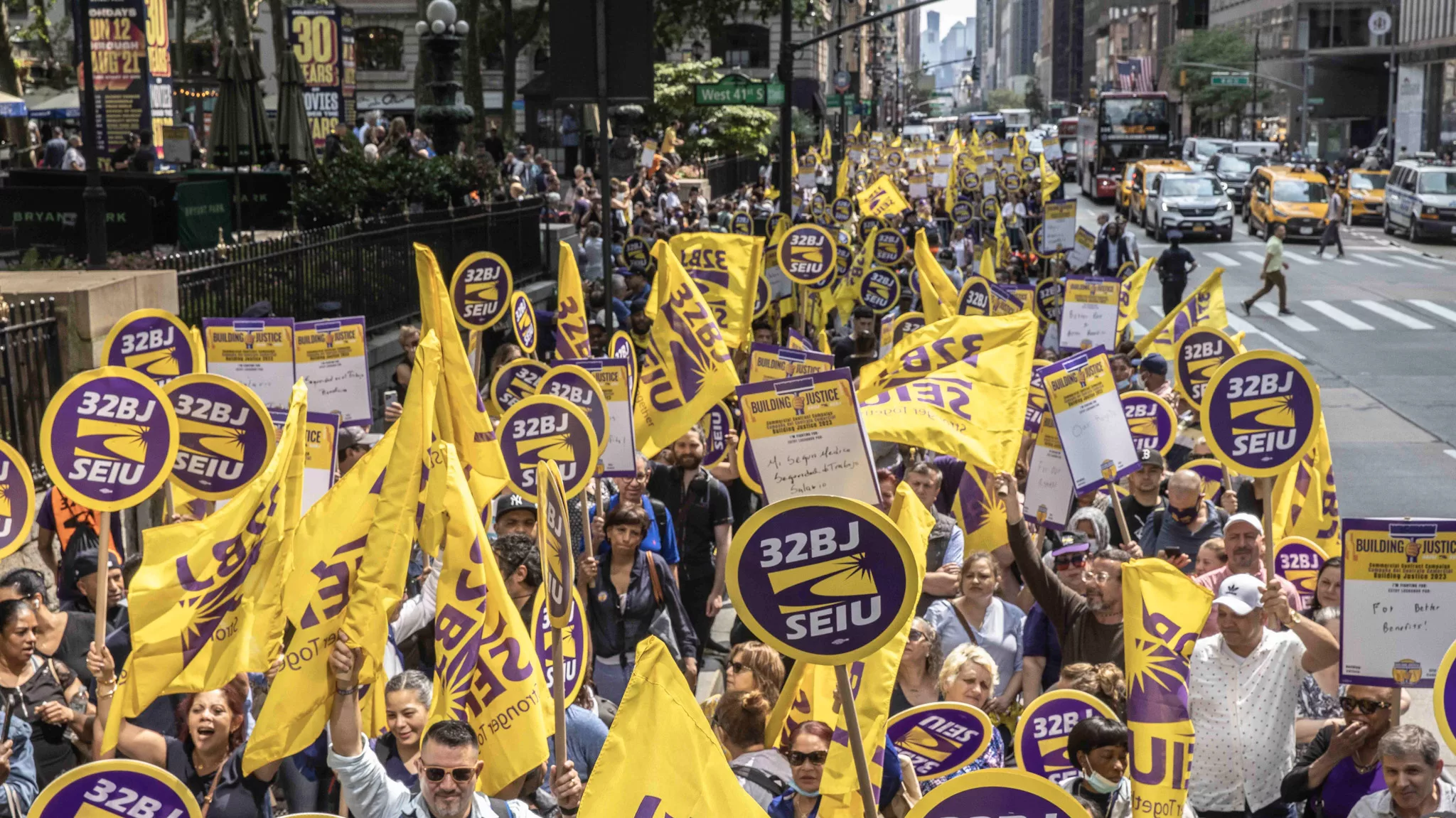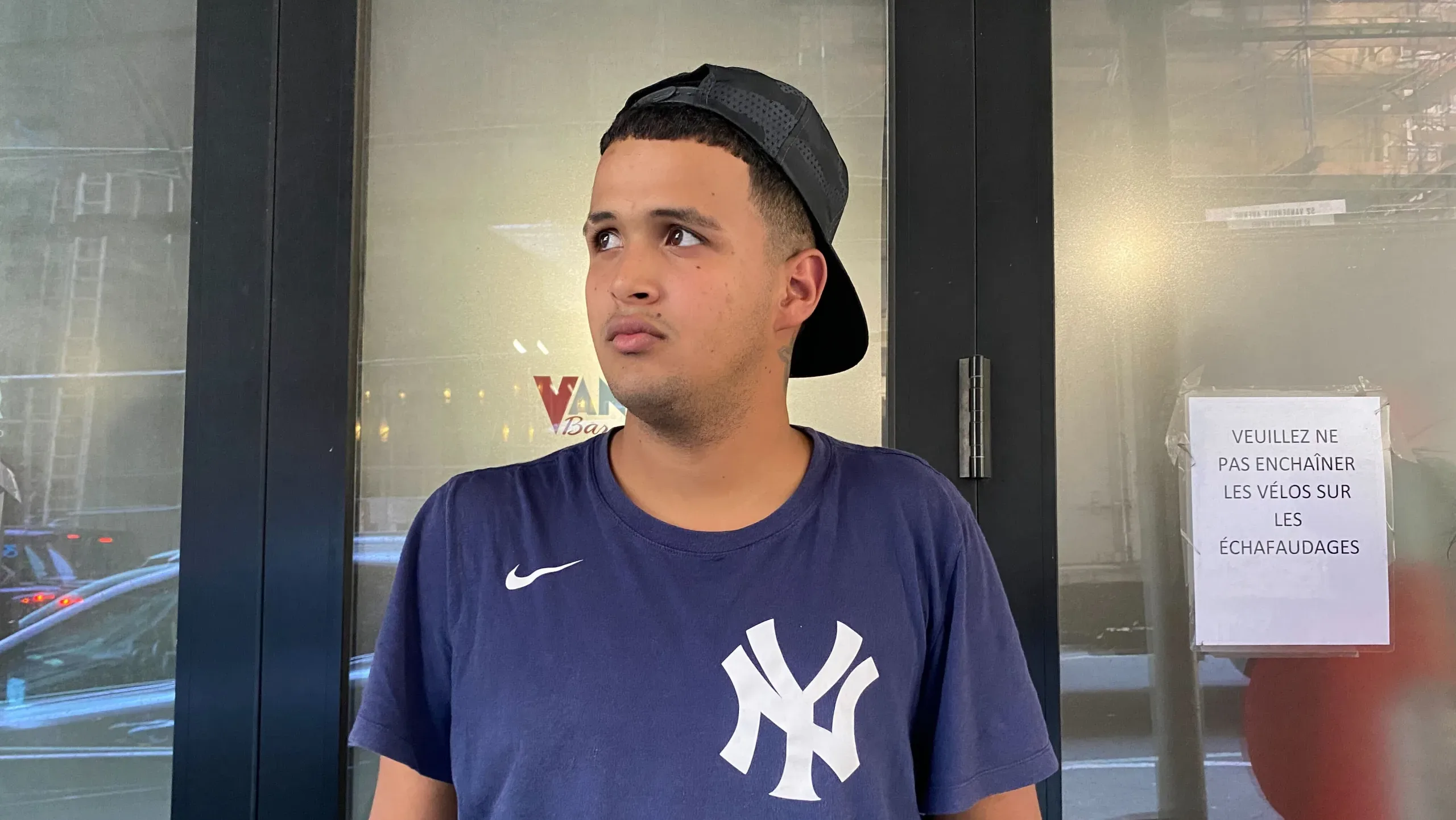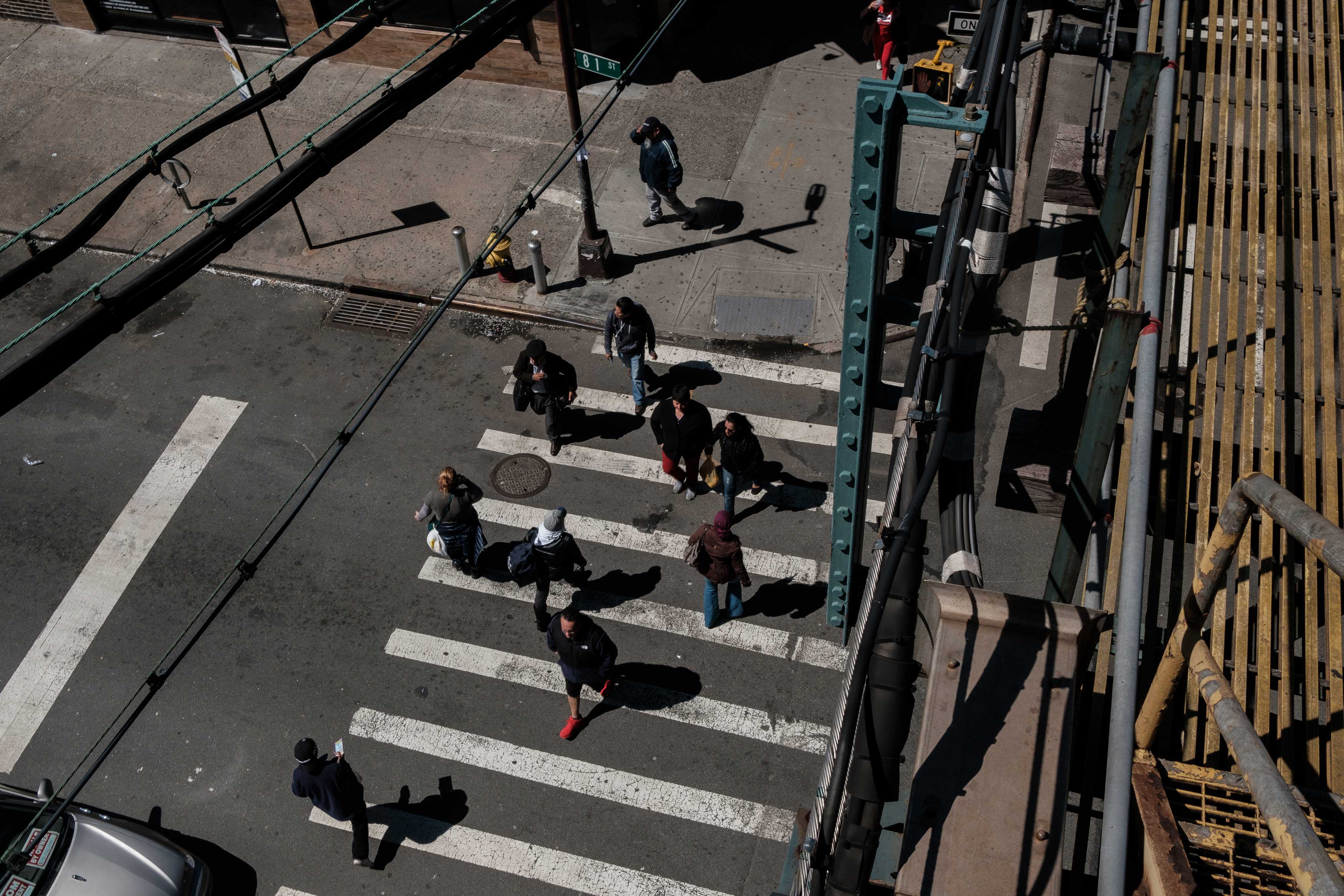While most New York City streets are empty, there is a 15-block stretch near the BQE in Jackson Heights, Queens that remains full. In the center of the most ethnically diverse urban area in the U.S., day laborers and street vendors are continuing to congregate on street corners looking for work and clients.
In a phone interview, Manuel Castro, Executive Director of New Immigrant Community Empowerment (NICE), a direct service organization for newly arrived and undocumented immigrants, described what he could see from his office on Roosevelt Avenue in Queens.
“It’s as if nothing has changed except the energy,” Castro explained, noting that despite COVID-19 concerns, immigrant workers are coming out each day, waiting and hoping to secure work. “There is a lot of fear and confusion; the biggest worry is day-to-day food expenses,” he said.
Inequality, if not already visible, becomes all the more explicit in times of crisis. There are universal commonalities that have united people during these uncertain times: images of empty grocery shelves, of families unable to visit their loved ones in hospitals and assisted living homes; but there are also differences too great to ignore: access to health care and unemployment insurance.
The population that comprises the bottom end of these differences are most commonly low-wage immigrant workers employed by the informal economy sector, which as The New York Times reports, house the jobs at the highest risk of contracting COVID-19. These include working as a maid, janitor, garbage collector, cashier, waiter, retail worker, childcare, and home health aides.
NICE works predominately with day laborers in the construction industry, who, with the closure of work sites have been left without any source of income. These workers are turning to different jobs in the informal economy that are in high demand; namely, food delivery and cleaning services. Not only does this work pay considerably less than construction, Castro explains that workers have reported that they have not be given proper safety equipment. The masks, gloves, and hand sanitizer that should be provided to every food delivery and janitor are either sold out or too expensive.
Carina Kaufman-Gutierrez, Deputy Director of the Street Vendor Project said there is no other option for street vendors than to stay open.
“Street vendors are on the frontlines. They have no choice but to go to work. Things are changing so rapidly that contingency plans at this point are: ‘Where meals are being offered for families?’” Kaufman-Gutierrez said.
Members of Street Vendor Project, 90 percent of whom are ‘low-wage immigrant workers who rely on busy streets in order to survive day to day,’ have reported that there has been at least an 80 percent decrease in sales. One street vendor said on a good Saturday she is able to make $800. This past Saturday she made less than $100.
Currently, street vendors’ main customers are other low-wage immigrant workers, such as food delivery workers who can’t afford or find food in grocery stores. “They have always been each other’s community; this is evident now more than ever. They rely on each other for information about available work during the crisis, and health and safety information too,” said Kaufman-Gutierrez.
Immigrant day laborers were already vulnerable to fluctuations as volatile as weather, but COVID-19 has exacerbated many preexisting concerns and vulnerabilities of this population. The Kaiser Family Foundation found that 45 percent of undocumented workers are uninsured; most of whom will avoid reporting their cases to hospitals for fear of exposing their immigration status. For documented low wage workers, the cost of seeing a health care provider is often too high.
Lucia, who requested to remain anonymous, has been working full-time in the prep-kitchen of a popular restaurant in the East Village for the past five years. Her employer agreed to pay her 40 hours paid leave, after which he/she suggested she apply for unemployment benefits. She said this was much more of a generous compensation than most of her friends in the service industry have been given.
Lucia, however, is undocumented and therefore ineligible for any public health benefits. She is without health insurance, too.
“I am afraid because here, in this country, if you do not work, you do not eat, you have no place to live, and if there is no economic income, we are ‘dead’, so to speak,” Lucia wrote to me in Spanish.
Not only is there a fear that immigrant workers will contract the virus as they continue to work in high-risk areas and are unable to afford to obtain healthcare, there is also a fear of compounded labor exploitation.
“Frankly there are just a lot of bad actors out there, who use deceiving tactics because they know day laborers and especially undocumented workers are desperate and will be less likely to say anything or file a lawsuit,” Castro said.
Castro remembers the emotional and financial distress 9/11 and Hurricane Sandy wreaked on low-wage immigrant workers. “This [COVID-19] is way worse. Everyone is trying to make sense of all this. Honestly, it’s very surreal, we are all in the position of having to act like first responders without having the training. We need support from the city,” he said.
NICE and Street Vendor Project remain open but are conducting most of their outreach via WhatsApp groups, Facebook and phone calls. However, nonprofits, some service providers and legal aid offices are closed, complicating referral systems and the support system that once existed for low-wage immigrant workers in the informal economy or the precariously employed.
The Street Vendor project released a statement with a series of demands for the health and safety of Frontline Communities, which include: ceasing all Immigration and Custom Enforcement (ICE) operations; a moratorium on the Public Charge Rule; suspension of rent, mortgage, and utility bills; emergency universal basic income; and healthcare regardless of immigration status. To date, the assistance provided has not been applicable to the population that needs it most.
